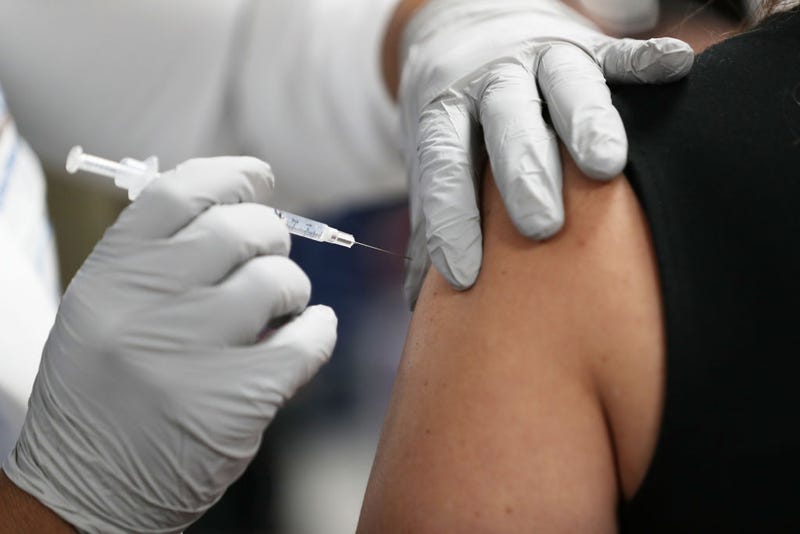
It’s no question that the COVID-19 pandemic has affected more than just public health. The last 19 months have changed the way of life for practically everyone in the world, from work, to school, to planning ahead for the future.
It’s informed health officials how to better prepare for a pandemic in the future, especially with the distribution of vaccines.
"We can see what happened with the COVID-19 rollout, and the fact that we really did not see equal rollout for the world," said Dr. Amesh Adalja, Senior Scholar at the Johns Hopkins Center for Health Security with KCBS Radio’s Jeff Bell and Holly Quan on Monday’s Ask an Expert.

That’s something that needs to change next time, said Adalja. "The disruption, the destruction of a pandemic involves the entire planet, and that means if you don’t have this controlled in one corner of the globe, that the rest remain at risk," he said.
The lack of cohesion between one country’s mandates or vaccine distribution to another’s has wide-reaching effects, bleeding into the global economy and global supply chain.
Some countries, like the United States, already had agreements set up necessary to develop and distribute the vaccine with vaccine manufacturers, while others did not. And some countries enacted export restrictions, prohibiting the export not only of vaccines, but also material needed to create the vaccine.
Some "vaccine nationalism," was expected, said Adalja. "That’s something that isn’t conducive to controlling the pandemic globally." And when countries would contribute, sometimes it would be based on political opportunities.
"There’s a lot of people using the pandemic for whatever political gain they want," he said. "Both Russia and China have used the vaccine to garner influence in parts of the world."
Along with better worldwide collaboration, there are other strategies being discussed to better handle the next pandemic.
One being considered by some health officials is the development of vaccine prototypes based on viral families. This would allow the development of a new vaccine, when a new virus develops, to go much faster. There are around two dozen viral families that can infect humans, according to Adalja, but only around five or six have the potential to cause a pandemic.
"We can get to work early," he said. "Thinking about the viruses in those families."
The development of these prototype vaccines wouldn’t be precise, but they would help at least get health officials closer to the right result faster. The COVID-19 vaccine was launched so quickly because of the work that had already been done with SARS in the early 2000s and other respiratory viruses in the early 2010s, said Adalja.

